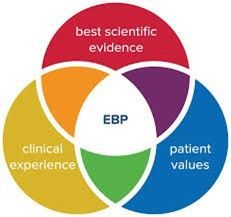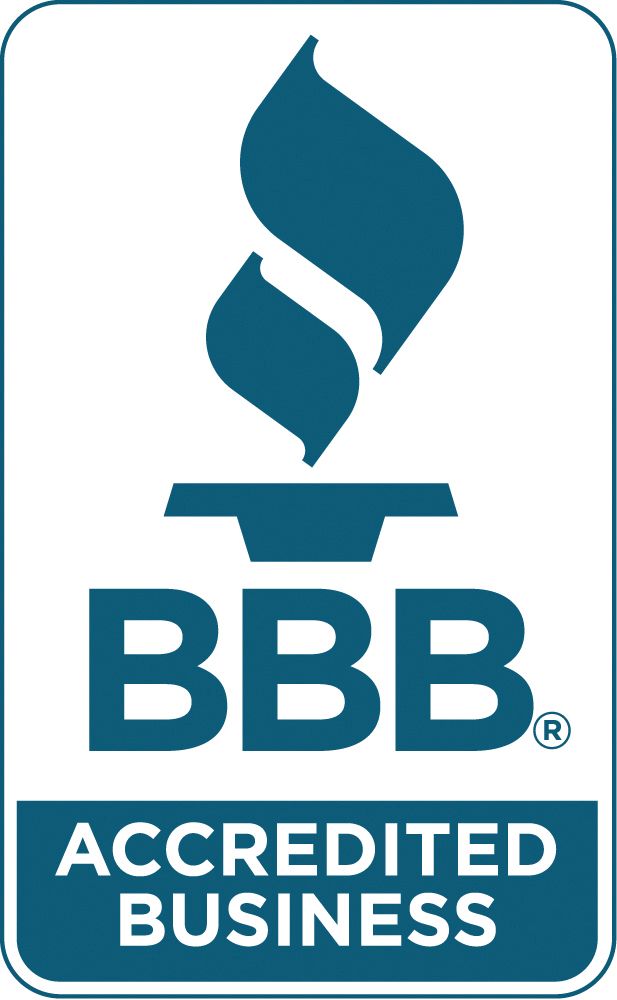CARF Mock Surveys: Are They Necessary?
A mock survey can reduce the stress level and pressure for an agency and prepare them for a better outcome for accreditation.

Preparing for accreditation can feel like navigating a complex maze, CARF mock surveys often play a vital role in this journey. These simulated assessments are designed to prime your agency for the real accrediting agency's thorough evaluation. However, the question remains: Is conducting a mock survey necessary in your preparation process?
A CARF mock survey, by definition, is a simulated evaluation that gauges your agency's readiness for accreditation. While it is not as extensive as the multi-day surveys conducted by accreditation bodies, it is comprehensive enough to provide meaningful insights into your agency's preparedness. During this one-day event, a consultant, on-site or virtually, will step into the role of the accrediting body, carefully assessing various aspects of your operations. The day typically unfolds with meetings involving leadership and staff, an in-depth clinical and administrative documentation review, and a guided tour of your facility. Following this review, the consultant compiles a detailed report outlining their findings and recommendations, a valuable tool to enhance your readiness for the survey.
Within the framework of the CARF mock survey, the consultant focuses on three pivotal areas of evaluation:
1. Documentation: It is crucial for the agency's policies and procedures to not only meet the standards set by the accrediting body but also to be readily accessible, clearly written, and sanctioned by agency leadership. In addition to overarching policies, related documentation—including strategic plans, quality assessments, risk management protocols, personnel files, and financial reports—must be meticulously organized and available for review.
2. Analysis: While regular operations define your agency's day-to-day functions, accreditation bodies are especially interested in the mechanisms for reviewing these operations. They seek to understand how the agency identifies and addresses weaknesses within its processes. Critical incidents, emergency drills, and annual evaluations are scrutinized. Many organizations struggle to meet accreditation standards in this aspect. However, a concise one-page summary of past events and actionable suggestions for future improvements can often satisfy accrediting bodies' requirements.
3. Training: Ongoing staff training is a fundamental expectation for accreditation, particularly in high-risk environments where clients may present suicidal or aggressive behaviors. The accrediting agencies require clear evidence that staff members are regularly trained on operational and clinical procedures and that retraining is mandated for those whose performance does not meet standards. Comprehensive records of these training sessions must be meticulously maintained.
So, is a mock survey essential?
The advantages of a CARF mock survey are significant. It serves as a simulated practice run, allowing your agency to identify and rectify potential deficiencies before the accreditation survey. This proactive approach reduces anxiety and uncertainty surrounding the objective evaluation, providing a clear pathway forward. A mock survey can be an invaluable resource for building confidence and competence for agencies new to the accreditation process or those that have faced challenges in prior evaluations.
Conversely, a mock survey may seem redundant for seasoned agencies that have successfully navigated multiple surveys. These organizations are often comfortable in the accreditation process and equipped with the knowledge and experience to know what to expect. Exceptions may arise if significant changes have been implemented or new programs are introduced; in such cases, a mock survey becomes more pertinent.
A CARF mock survey can diminish stress levels and pressure within an agency, setting the stage for a more favorable outcome during the accreditation process.




